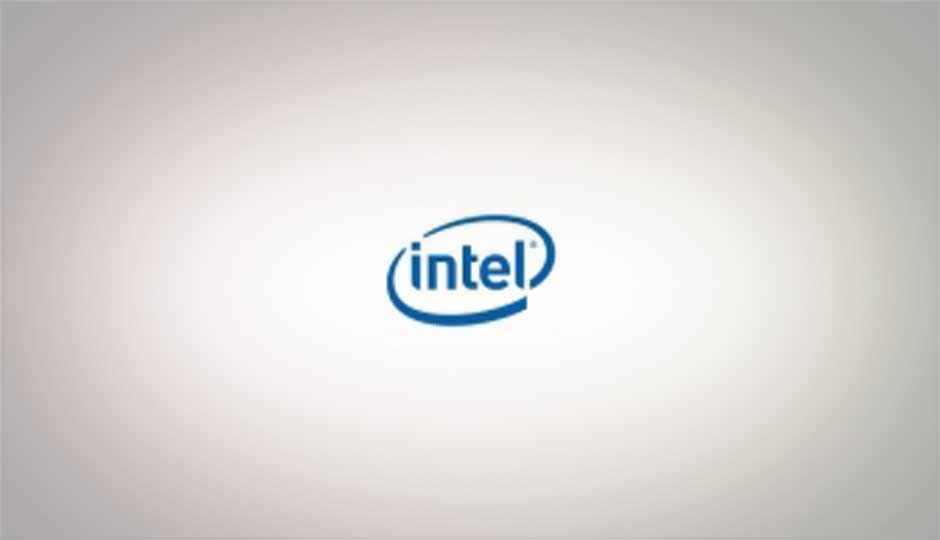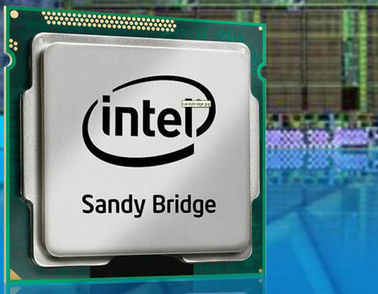Intel finds ‘Sandy Bridge’ support chip glitch; $1b to fix


Intel said Monday that the company had discovered a glitch with a support chip used with its latest “Sandy Bridge” microprocessors, which will cost the chipmaker a billion dollars to fix.
Intel has halted shipments of the component, a support chip code-named “Cougar Point” that was part of its Intel 6-series of chipsets. It was found to have a structural flaw inside of it that degraded the performance of SATA-linked devices such as hard-disk drives, Intel said, perhaps 6 percent across a three-year lifespan. The glitch snuck by Intel on initial tests.
Halting shipments of the support chip will also affect shipments of the surrounding Sandy Bridge platforms. “We do believe there will be disruption of the supply chain,” Stephen Smith, vice president and director of PC client operations, said during a conference call, although he said that Intel believed that Intel could fill some of the hole with older platforms.
Intel said it had halted shipments of the chip and would issue a fix, which would fix the problem. Intel said it would deliver the updated version of the chipset to customers in late February and expected a “full volume recovery” in April, by which Intel would resume shipments of the fixed chipset at their normal levels.
The Sandy Bridge launch will be pushed a bit later into the quarter, from a few weeks in the future to ad “we need to understand from our partners how quickly they can take this new Cougar Bridge chip and get it into their pipeline,” Smith said. The delay should be measured in a “few weeks”, he added.
The affected chip began shipping on Jan. 9, and the company said it expected that few end customers would be affected. Only the “second-generation Core i5 and i7” or “Sandy Bridge” products are affected; the main Sandy Bridge processor is not, Intel said, and Intel continues to ship other Sandy Bridge components.
Intel said that a metal layer of the chip had been affected, and executives said that they “were very confident that they understood the issue”. Stephen Smith, vice president and director of PC client operations, described it as a “design related problem of a single circuit”.
[RELATED_ARTICLE]”Intel stands behind its products and is committed to product quality,” the company said. “For computer makers and other Intel customers that have bought potentially affected chipsets or systems, Intel will work with its OEM partners to accept the return of the affected chipsets, and plans to support modifications or replacements needed on motherboards or systems.”
Financially, the glitch will cost Intel $700 million to replace the part, and the company said it will also cost the company abut $300 million in lost revenue. Executives said that it was fair to add the two costs together.
Intel also adjusted its first-quarter revenue projection, which is now expected to be $11.7 billion, plus or minus $400 million, compared to the previous expectation of $11.5 billion, plus or minus $400 million. Because the chipset shipped during the fourth quarter, the company reduced its gross margin by 4 percentage points from the previously reported 67.5 percent.
Separately, Intel said that it had completed the acquisition of the Infineon Technologies AG Wireless Solutions business, which will now operate as the Intel Mobile Communications group. The company also expects to complete the acquisition of McAfee by the end of the first quarter.
Copyright © 2010 Ziff Davis Publishing Holdings Inc.

